Today’s readings
School Mass
I think we’re so blessed that we get to come to church and celebrate so many of Mary’s feasts. Today is a very special feast because Mary, Our Lady of the Immaculate Conception, is the patroness of the United States of America, and also the patroness of our parish, and so she is very special to us.
I think today’s readings can be a little confusing. The Gospel makes it sound like this day is about the conception of Jesus, but it isn’t. We celebrate the conception of Jesus nine months before he was born, so that would be March 25th. We call that day the Annunciation, because that was the day the Angel Gabriel came to announce to Mary that she would have a baby, but we’ll talk more about that in a minute. Today we celebrate the conception of Mary, nine months before her birthday, so if you do the math on that one, her birthday is September 8th, just a few months ago. This day celebrates that Mary was free from sin from the very beginning, the only person other than Jesus to be born without sin.
The other confusing reading is the first one. Why do we go all the way to the beginning of creation when we’re talking about Mary today? Well, I think the reason is that Mary’s life and her faith in God solved a problem that began all the way at the beginning. And that problem is sin. From the very beginning, we human beings have been tempted to sin. Adam and Eve ate the fruit of the forbidden tree in the Garden of Eden, and people have been committing sin ever since. Again and again, God broke in to history, leading people back to him, giving them prophets to show them the way, and again and again, people turned away from God. And we continue that today. Again and again, we are tempted and we sin and we turn away from God. Eve represented our fall into sin.
But God didn’t want that to be the way things ended up for us. So he sent his Son to become one of us. God knew that in order for Jesus to be born among us, his mother was going to have to be pretty special. So before Mary was ever in her mother’s womb, God chose her to be his Son’s mother. He made her free from sin so that no stain of sin would ever touch his Son.
Because Mary was so special, she loved God very much. So when the angel came and told her she would have a baby by the power of the Holy Spirit, she said yes to God’s plan. She might not have known at that moment all the detail about how it was going to take place or what would happen to Jesus in his life, but she said yes anyway. We call that her fiat, her “yes” to God’s plan for her. Fiat is Latin for “let it be done.” She took a big leap of faith that day, thanks be to God, because with her leap of faith, we have been blessed ever since.
This is all very good news. But there is even more good news: because Mary was so special to God, she shows us how special we are to God. As we celebrate God’s love for Mary today, we also celebrate his love for us. Mary got to hold her Savior – the One God promised us – in her own arms. When those of us who are old enough come to Communion, we are able to hold our Savior – the One God promised us – in the palm of our hand. Mary’s life was brightened when Jesus was born. Our lives will be brightened too, this coming Christmas, and every time we make room in our hearts for Jesus.
Pray for us, O holy Mother of God, that we may be made worthy of the promises of Christ. Amen.
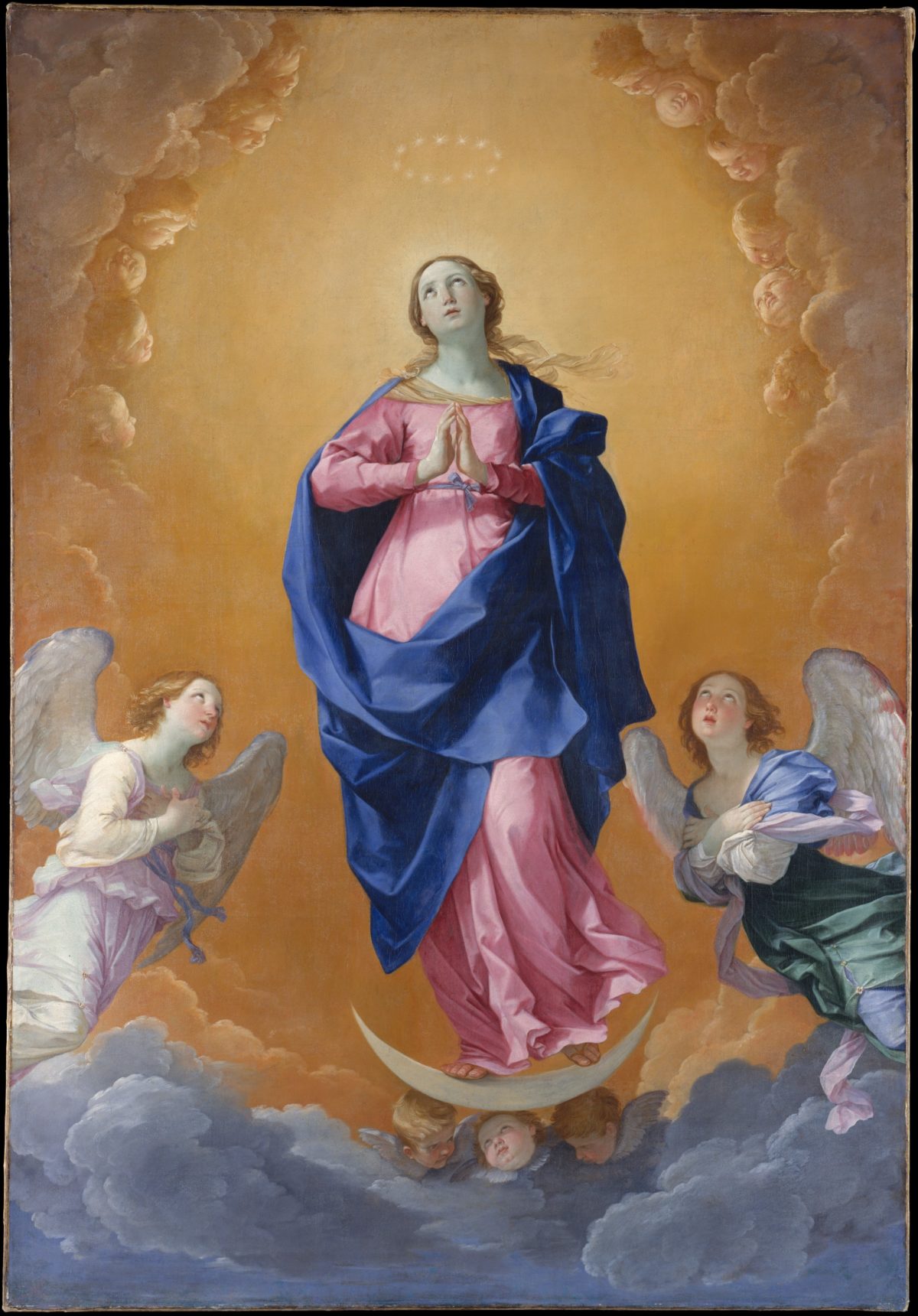
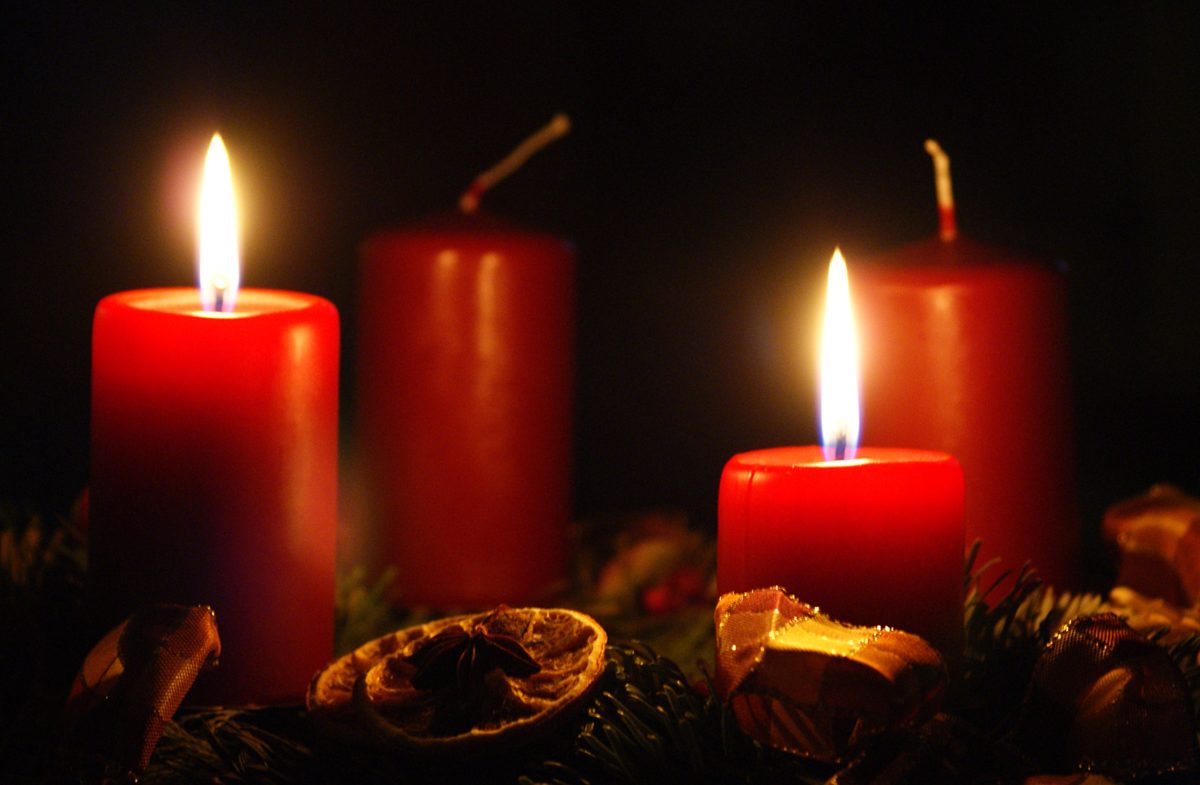
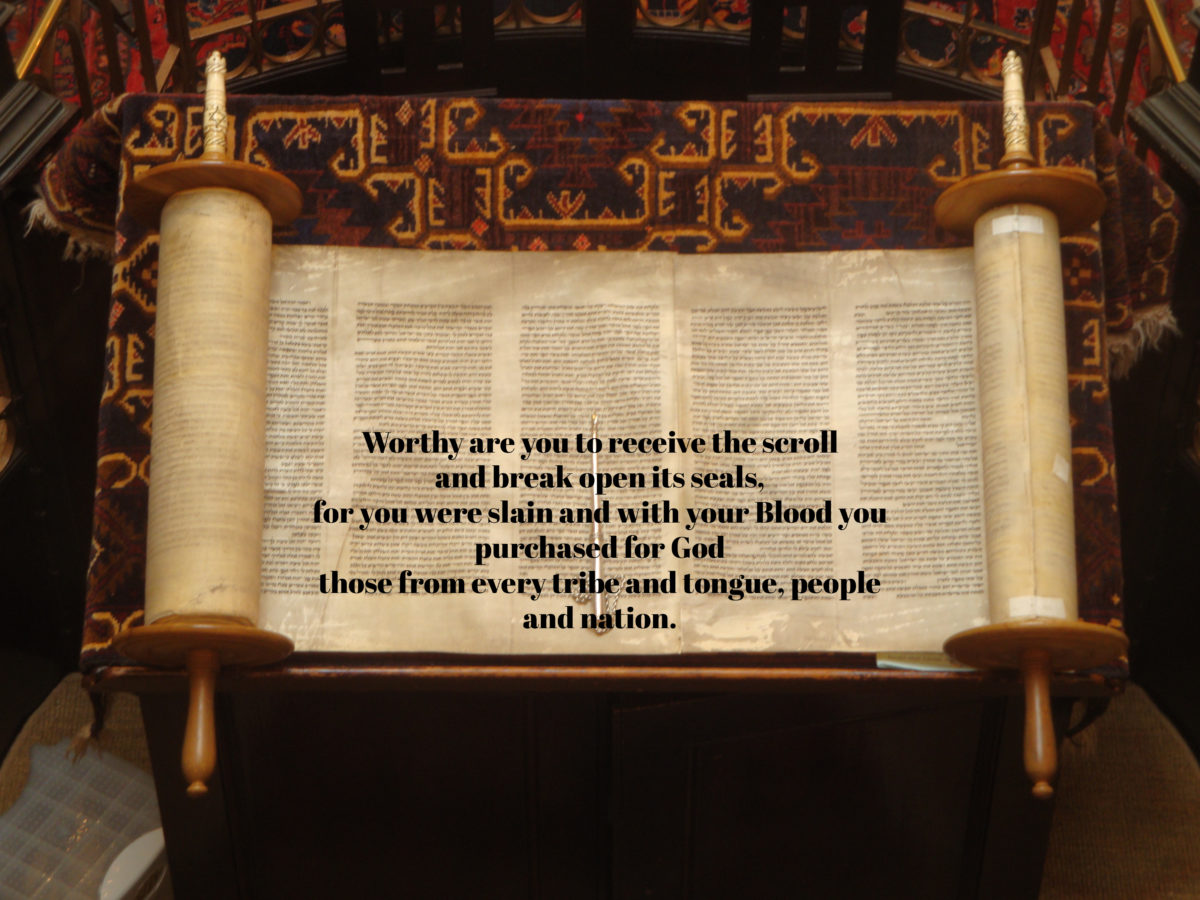
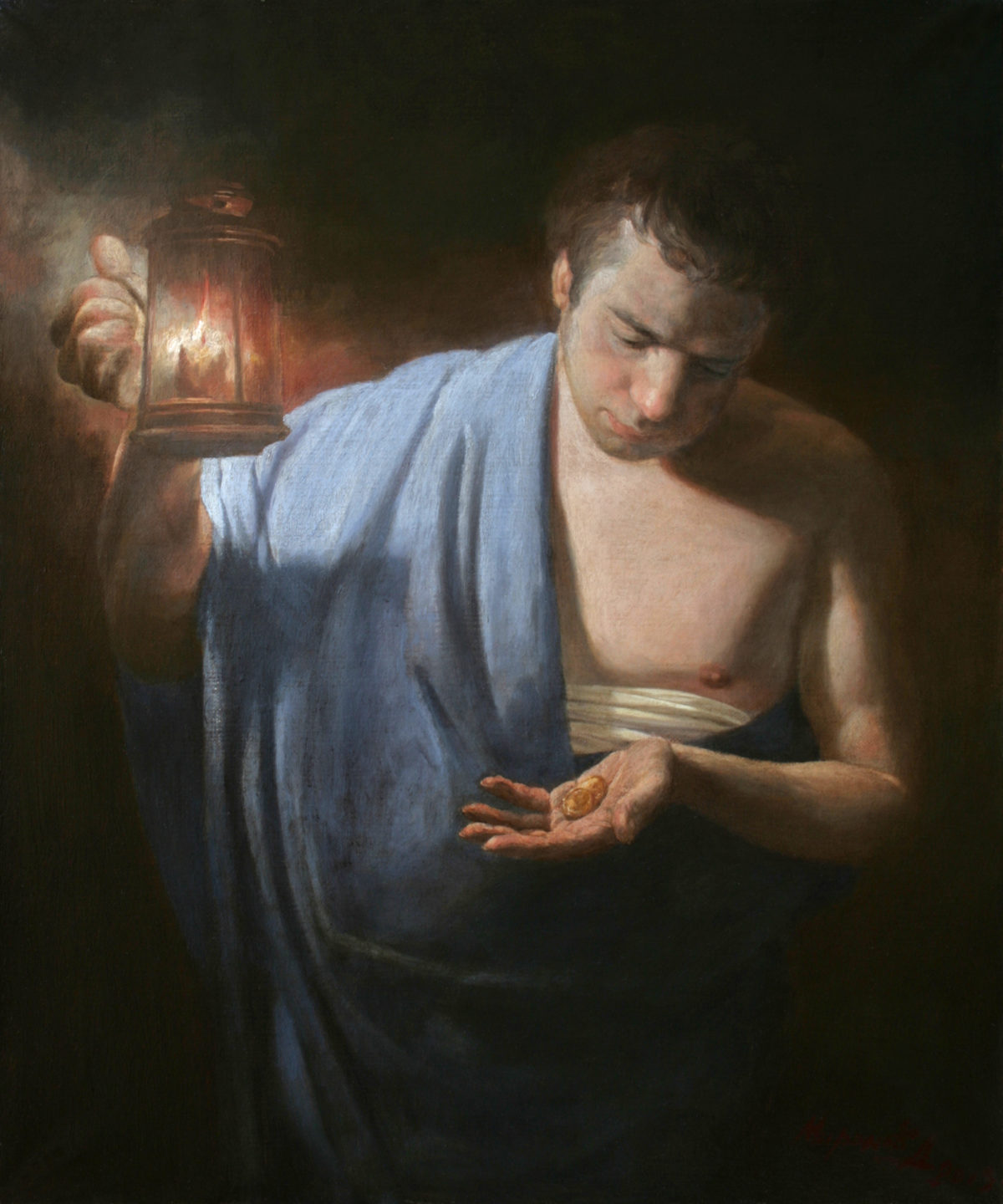
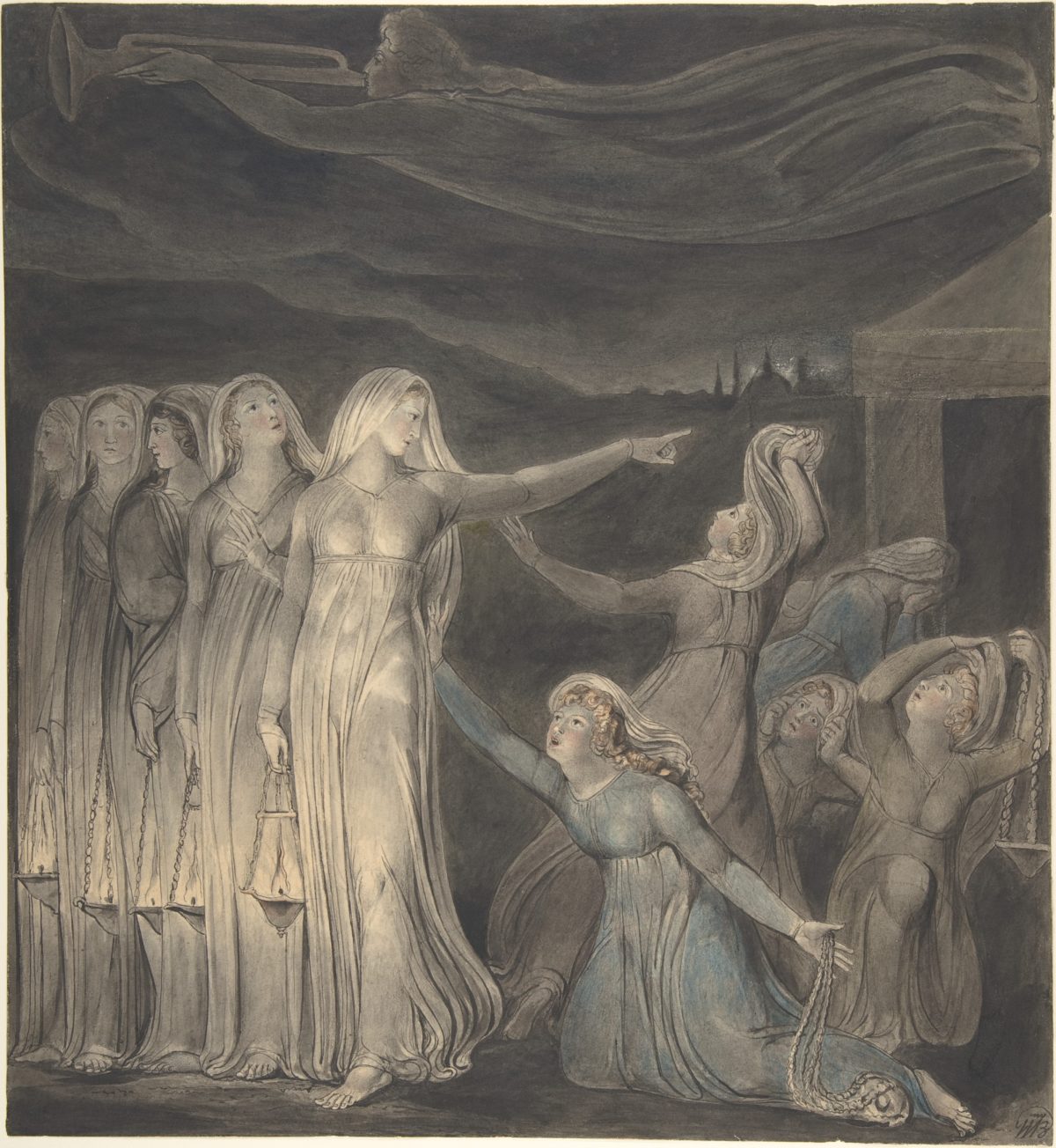
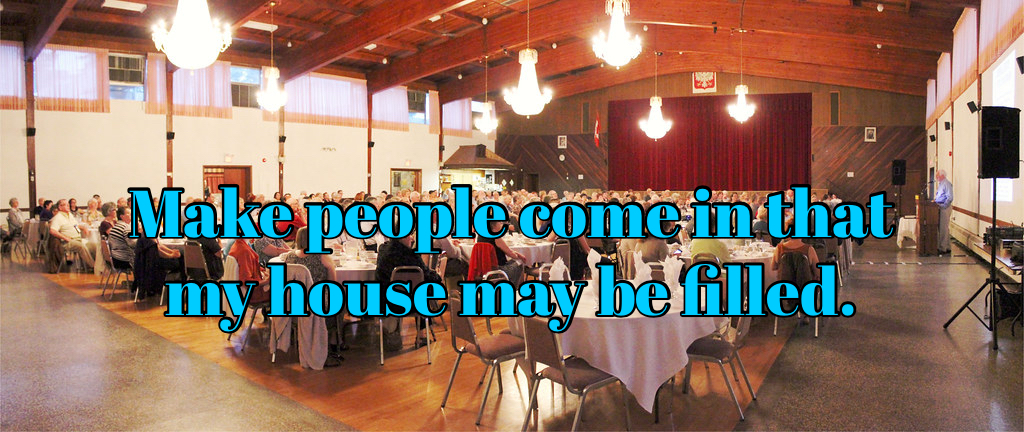
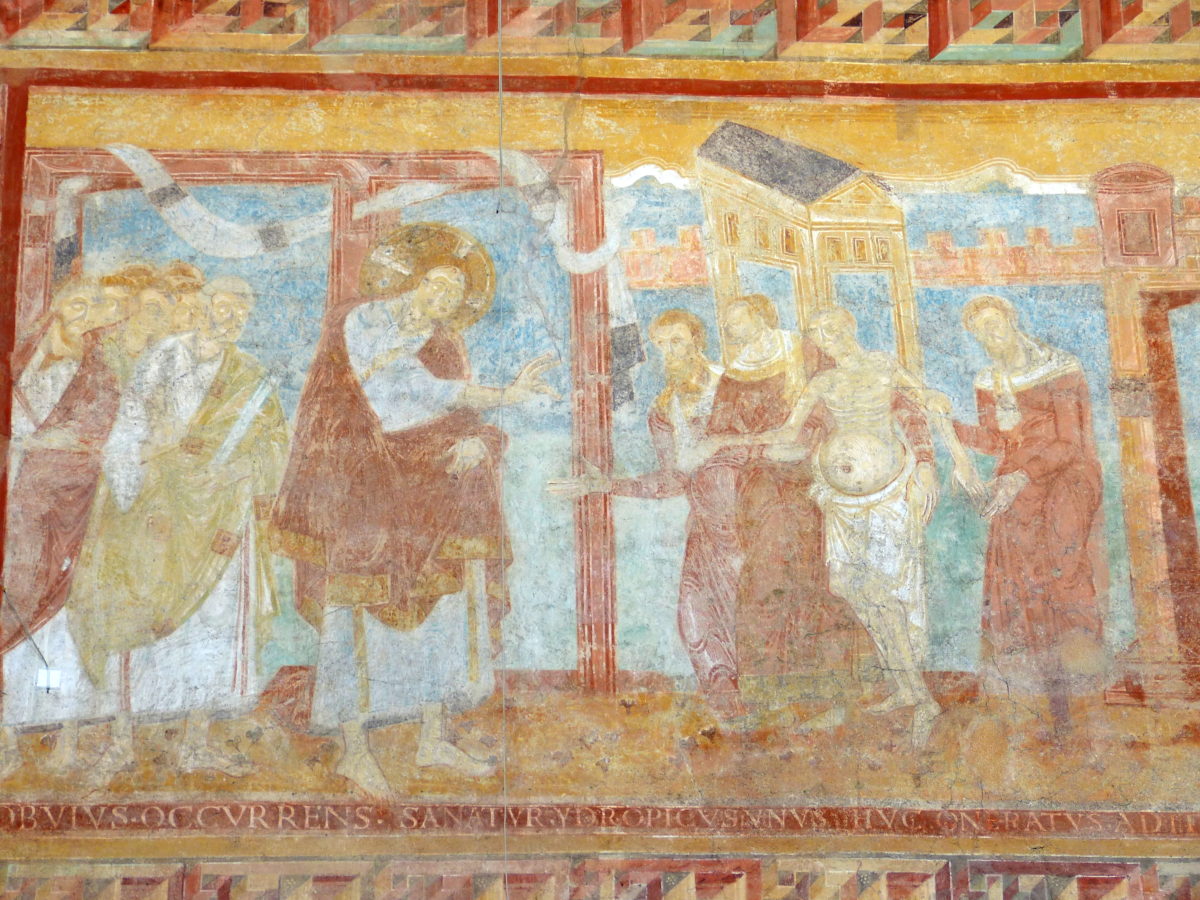
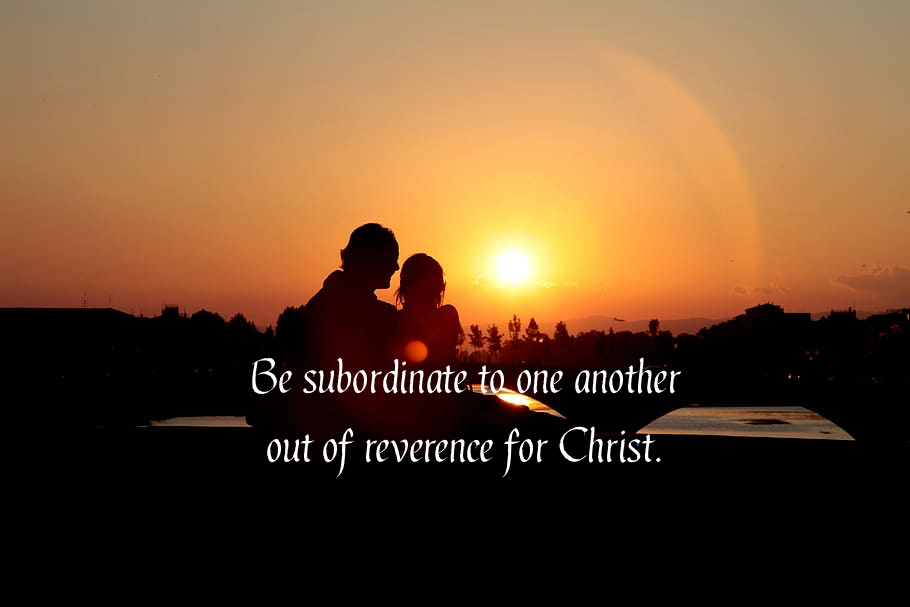
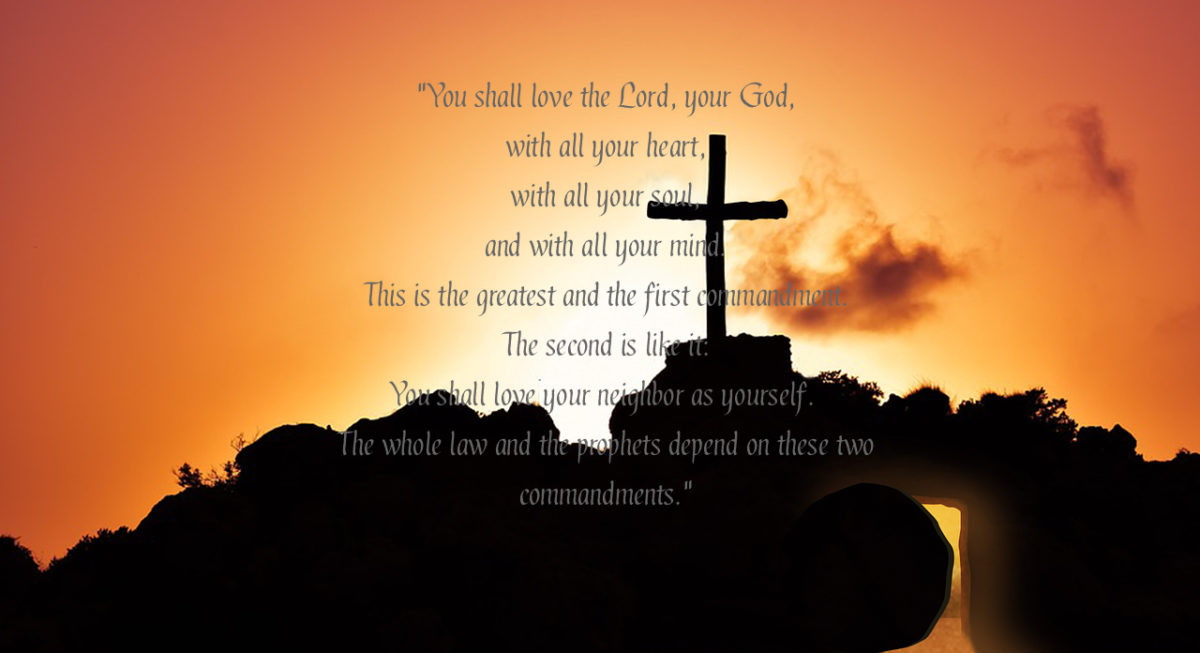

You must be logged in to post a comment.